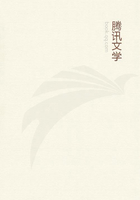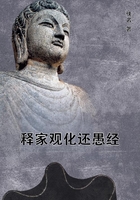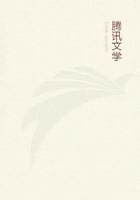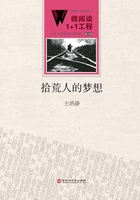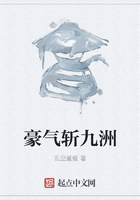And none of those present, from the inspector down to Maslova, seemed conscious of the fact that this Jesus, whose name the priest repeated such a great number of times, and whom he praised with all these curious expressions, had forbidden the very things that were being done there; that He had prohibited not only this meaningless much-speaking and the blasphemous incantation over the bread and wine, but had also, in the clearest words, forbidden men to call other men their master, and to pray in temples; and had ordered that every one should pray in solitude, had forbidden to erect temples, saying that He had come to destroy them, and that one should worship, not in a temple, but in spirit and in truth; and, above all, that He had forbidden not only to judge, to imprison, to torment, to execute men, as was being done here, but had prohibited any kind of violence, saying that He had come to give freedom to the captives.
No one present seemed conscious that all that was going on here was the greatest blasphemy and a supreme mockery of that same Christ in whose name it was being done. No one seemed to realise that the gilt cross with the enamel medallions at the ends, which the priest held out to the people to be kissed, was nothing but the emblem of that gallows on which Christ had been executed for denouncing just what was going on here. That these priests, who imagined they were eating and drinking the body and blood of Christ in the form of bread and wine, did in reality eat and drink His flesh and His blood, but not as wine and bits of bread, but by ensnaring "these little ones" with whom He identified Himself, by depriving them of the greatest blessings and submitting them to most cruel torments, and by hiding from men the tidings of great joy which He had brought. That thought did not enter into the mind of any one present.
The priest did his part with a quiet conscience, because he was brought up from childhood to consider that the only true faith was the faith which had been held by all the holy men of olden times and was still held by the Church, and demanded by the State authorities. He did not believe that the bread turned into flesh, that it was useful for the soul to repeat so many words, or that he had actually swallowed a bit of God. No one could believe this, but he believed that one ought to hold this faith. What strengthened him most in this faith was the fact that, for fulfilling the demands of this faith, he had for the last 15 years been able to draw an income, which enabled him to keep his family, send his son to a gymnasium and his daughter to a school for the daughters of the clergy. The deacon believed in the same manner, and even more firmly than the priest, for he had forgotten the substance of the dogmas of this faith, and knew only that the prayers for the dead, the masses, with and without the acathistus, all had a definite price, which real Christians readily paid, and, therefore, he called out his "have mercy, have mercy," very willingly, and read and said what was appointed, with the same quiet certainty of its being necessary to do so with which other men sell faggots, flour, or potatoes. The prison inspector and the warders, though they had never understood or gone into the meaning of these dogmas and of all that went on in church, believed that they must believe, because the higher authorities and the Tsar himself believed in it. Besides, though faintly (and themselves unable to explain why), they felt that this faith defended their cruel occupations. If this faith did not exist it would have been more difficult, perhaps impossible, for them to use all their powers to torment people, as they were now doing, with a quiet conscience. The inspector was such a kind-hearted man that he could not have lived as he was now living unsupported by his faith. Therefore, he stood motionless, bowed and crossed himself zealously, tried to feel touched when the song about the cherubims was being sung, and when the children received communion he lifted one of them, and held him up to the priest with his own hands.
The great majority of the prisoners believed that there lay a mystic power in these gilt images, these vestments, candles, cups, crosses, and this repetition of incomprehensible words, "Jesu sweetest" and "have mercy"--a power through which might be obtained much convenience in this and in the future life. Only a few clearly saw the deception that was practised on the people who adhered to this faith, and laughed at it in their hearts; but the majority, having made several attempts to get the conveniences they desired, by means of prayers, masses, and candles, and not having got them (their prayers remaining unanswered), were each of them convinced that their want of success was accidental, and that this organisation, approved by the educated and by archbishops, is very important and necessary, if not for this, at any rate for the next life.
Maslova also believed in this way. She felt, like the rest, a mixed sensation of piety and dulness. She stood at first in a crowd behind a railing, so that she could see no one but her companions; but when those to receive communion moved on, she and Theodosia stepped to the front, and they saw the inspector, and, behind him, standing among the warders, a little peasant, with a very light beard and fair hair. This was Theodosia's husband, and he was gazing with fixed eyes at his wife. During the acathistus Maslova occupied herself in scrutinising him and talking to Theodosia in whispers, and bowed and made the sign of the cross only when every one else did.

